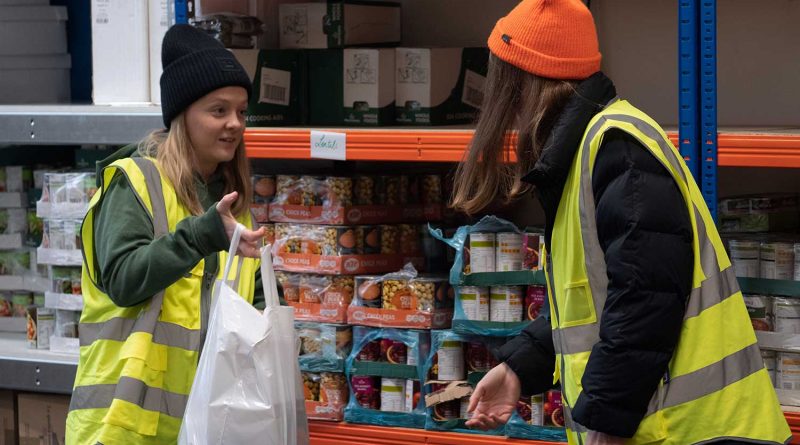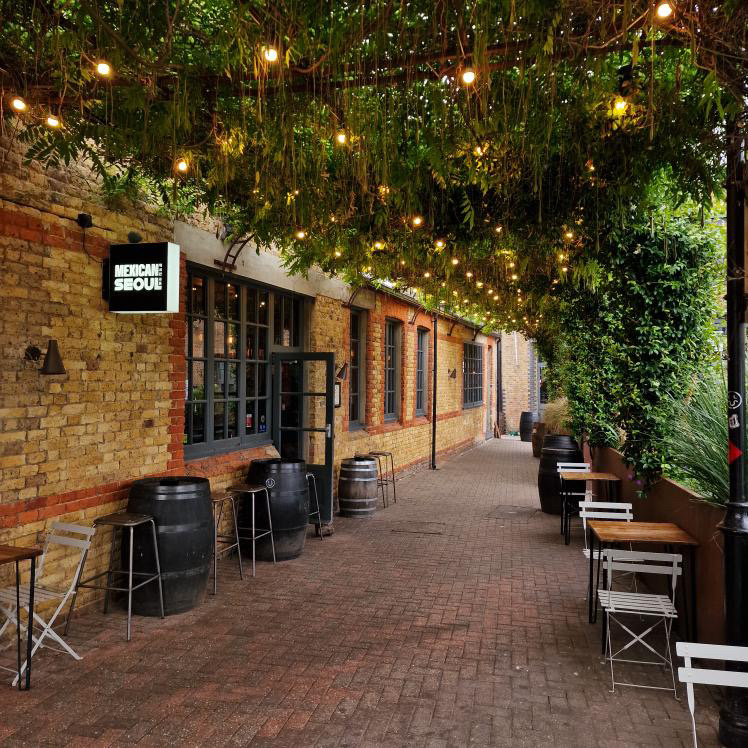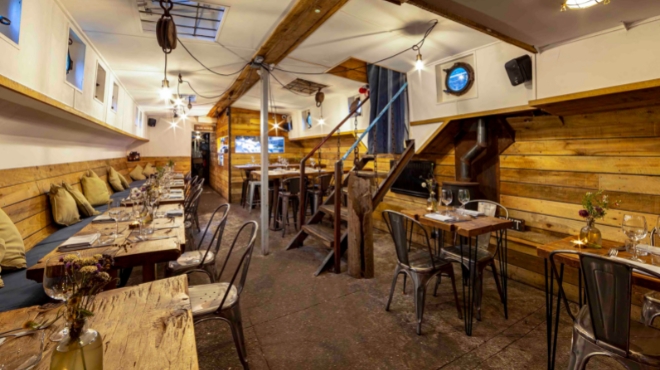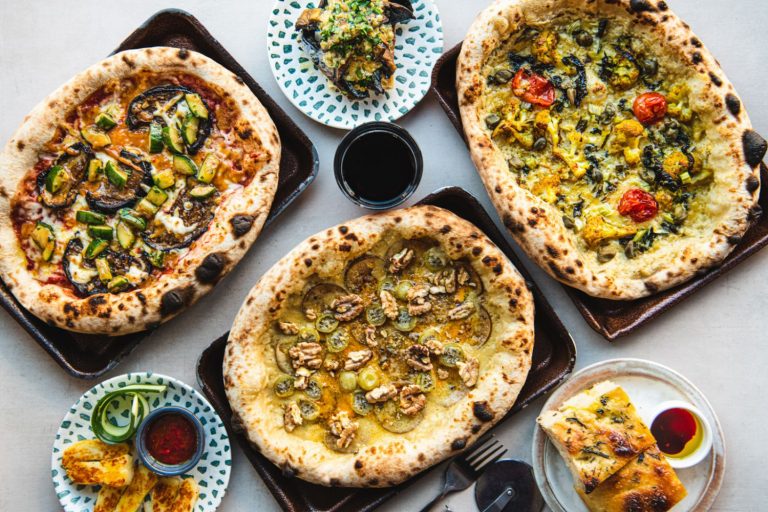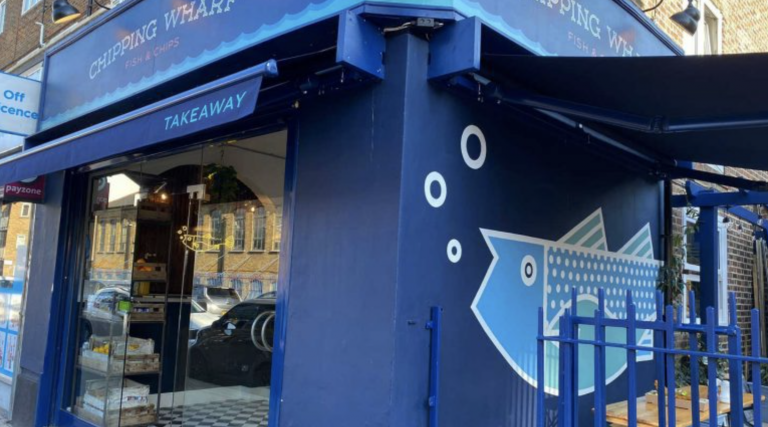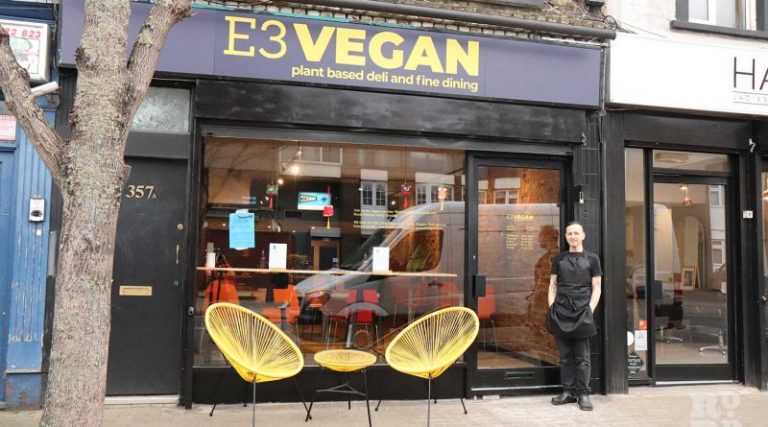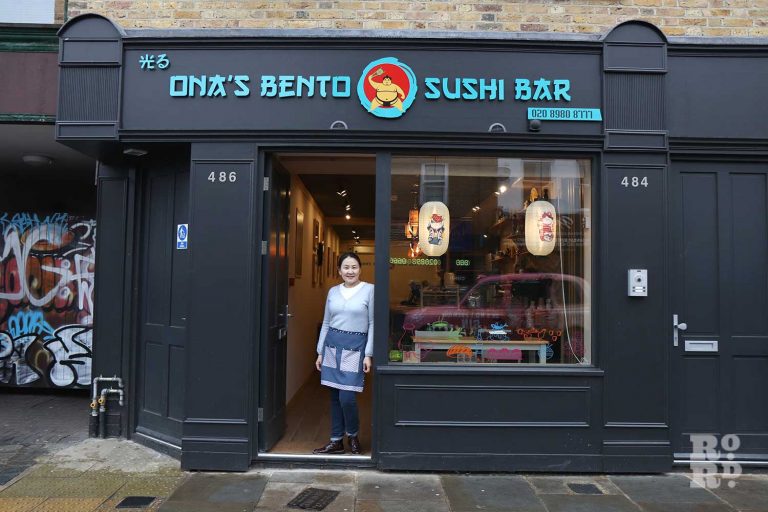‘Heating or eating’: the cost of living crisis in Tower Hamlets
In this four-part series, we look into the cost of living crisis, how it’s affecting our neighbourhoods and how organisations are responding.
Re-using bath water, switching off fridges and freezers, using the microwave rather than oven; these are just some of the mechanisms people are putting into practice across the country to help them through the current cost of living crisis.
And for those who live in Tower Hamlets, where seven in ten neighbourhoods are in the top 10% of most deprived in England, the cost of living is biting.
Local single mum Faye Downey from Coborn Road knows what it’s like having to face the issue on a daily, if not hourly, basis. Downey, who has six-year-old twins, says that for her family of three ‘the cost of living has gone up massively’. She shares that one of her main concerns is related to energy use.
Currently, her energy bills come to £90 a month. This is mainly from her using hot water, the oven, and running electrical goods such as her fridge and freezer. She says she is ‘scared’ of the changes in energy prices and increasing her usage come autumn and winter. ‘I can’t really afford to do any more than the £90 a month and I’m already doing that.’
Unable to work due to personal health reasons, Downey is trying to budget but is increasingly worried about getting into debt.
Mokshuda Ali, who works in Bromley-by-Bow Centre‘s (BBBC) energy and money management team, said that an increasing number of people is seeking help and advice on how to manage money. She said that compared to spring last year, her team has seen a 54% increase in people asking for help with their finances.
Since the start of the year, it has supported 906 people with money management, of which 570 people have participated in energy workshops. These workshops are part of BBBC’s Empower project, which teaches people tips and tricks to use less energy and save money on bills.
Ali said that local support groups, schools, and colleges are referring people to the Centre. ‘They are desperate,’ says Ali. Unwilling to turn anyone away, despite her team’s stretch, she said they are conducting ‘back-to-back workshops’.
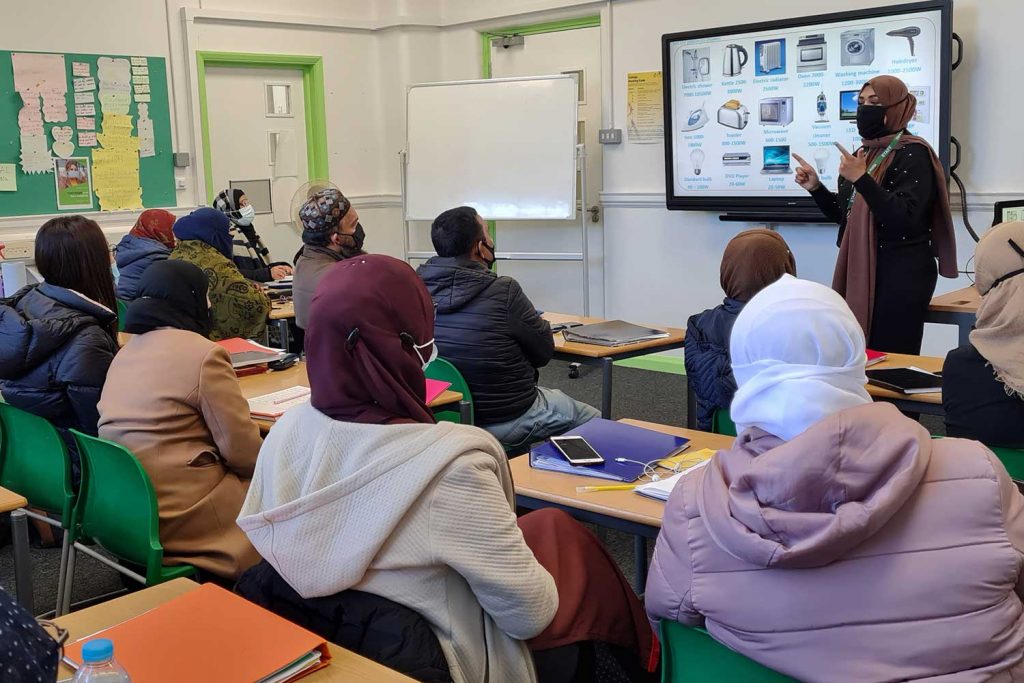
One such organisation that is referring people to the BBBC is Bow Foodbank.
With food banks across two sites, one at what was formally Raine’s Foundation School in Bethnal Green and the other at the BBBC in Bromley-by-Bow, the organisation is the busiest it’s been since the start of the year.
Christina Ball, Executive Director of Bow Foodbank, says that both sites are ‘seeing a lot more people who never thought that they would visit a food bank.’
In February, the weekly average number of people using the foodbank’s services was 365 people. By June, that number had risen to 475, a 30% increase in people needing their services. She also adds that her team sees 40 to 50 new faces every week.
Ball explains that those who are visiting the foodbank traditionally wouldn’t be viewed as at risk of food poverty, such as people in full-time employment. But the reality is their salary doesn’t stretch to the end of the month. This is largely due to the recent sharp rise in inflation which is at a 40-year-high, hitting 9.1% in May. This means, for example, that if a loaf of bread cost £1 this time last year, it now costs £1.09.
With food prices increasing, Ball says it makes it ‘impossible’ for many to buy a weekly shop as they used to.
While not a foodbank user, Downey is in this position. She explains that, at the start of every month, she would do a ‘big shop’ consisting of cupboard staples such as tins of tomatoes and dried goods, as well as toiletries and cleaning products. Then, top up with a weekly, smaller shop which would come to around £30.
In previous months, Downey recalls that her big shop would usually cost her £100 but now, it is £140. As for her weekly top-up, she is far more watchful on what goes into her basket, no treats, just foods that will cook easily and bulk up meals. ‘I’m really having to look at what we’re eating and what I put the oven on for. And, if I am going to put on the oven, I’m thinking can I reheat that for tomorrow?’
She says that she’s cooking double the amount so that then, when reheating it the following day, she only needs to ‘ping stuff in the microwave for a couple of minutes.’ And when Downey does re-heat food, she waits until it is at room temperature so that it uses less energy. ‘A food and hygiene officer would probably tell me I shouldn’t do this’, she adds.
At the moment, Ball says that the foodbank’s clients are having to choose between ‘hot water or eating’. Such a sentiment rings true for Downey; to cut down on heating water, she measures how much water is going into her children’s bath, and re-uses the bath water, only topping up with warm water if really needing to.
What concerns Ball, however, is the coming autumn and winter months when the impact of heating bills hits people. People will then have to choose between ‘heating or eating’.
‘We’re kind of poised,’ shares Ball, before adding, ‘but we’re deeply concerned that it’s going to get worse for people.’
With the food banks’ numbers increasing by a third this half of the year, ‘the numbers are going to rise from what we’ve seen so far,’ she says.
Such is the concern that more and more residents are struggling that the newly elected Aspire majority created a new cabinet post for Resources and Cost of Living. The councillor responsible for this post is Saied Ahmed. The cabinet is due to meet on 11 July to discuss how to support residents during this crisis.* We contacted Councillor Ahmed asking to comment and are yet to receive a reply.
Ahmed’s colleague, Councillor Kabir Ahmed, responded to us. He said: ‘We are very, very mindful of the cost of living crisis; it is something we are taking very seriously. We are looking into rolling out a number of relief packages, packages that will be more far-reaching than during covid. I I cannot say too much at the moment as decisions need to be agreed on, but it’s something we know needs to be addressed quickly.’
Labour Councillor Marc Francis replied to us when asked to comment. He said that, while the government’s offer of support for energy bills will help struggling families, the government must do more. He added that local councils can help to lessen the impact of the crisis but that decision ‘now rests with Mayor Lutfur Rahman.’
Francis added that over the next few weeks, ‘Labour councillors will be putting forward actions that we believe will have a real and immediate benefit to our most vulnerable constituents.’
But for many, time isn’t on their side. While Downey shares her concerns for the upcoming summer holiday and the loss of free school meals, she is trying to not let worry consume her. With optimistic spirit, Downey says: ‘We’re still going to try and have the best time and the best summer because my kids are never going to have a summer when they’re six years old again.’
*Since the publication of this article, the cabinet has met and decided to support residents with £2.7m worth of relief packages.
What does the cost of living mean?
According to Collins Dictionary, it is the amount of average amount of money that people in a particular place need in order to be able to afford basic food, housing and clothing.
What is the cost of living in London?
According to Numbeo, the world’s largest cost of living database, for June 2022 the cost of living in London as a family of four in London is almost £3,200 per month without rent. For a single person, it is £915 per month without rent.
Why has the cost of living gone up?
A variety of issues are at play that are causing prices to rise. These include:
- the high demand for oil and gas since Russia’s invasion of Ukraine. This demand means prices have risen, resulting in higher costs for energy companies, which, in turn, results in higher costs for customers;
- public borrowing to support people during the pandemic is tailing off. But this has now led to our taxes rising so that government can pay off this debt, contributing to the cost-of-living squeeze, while most people’s wages remain unchanged;
- chain supply issues have resulted in a shortage of goods increasing the price of those already in the system.
Tower Hamlets’ foodbank locations
Foodbanks in E1 and E2
Ensign Youth Club
Wellclose Square (off the Highway), London, E1 8HY. For residents of St Katherine’s area, please contact Shafee on 07949 573 730 or 020 7702 3340.
Jesuit Refugee Service
2 Chandler Street, London E1W 2QT. For more information please contact Rhiannon on 020 7488 7310, or email uk@jrs.net.
Osmani Centre
58 Underwood Road, E1 5AW. For more information, call 020 7247 8080 or email eet@osmanitrust.org
Bethnal Green Food Bank
Raine’s Foundation School, Approach Road, E2 9LY. For information call 020 2239 7586 or email bethnalgreenfoodbank@gmail.com
Dorset Community Association
Diss Street, London, E2 7QX (for residents of Dorset Estate and Columbia Road area). For more information email info@dorsetca.org or call Nazrul on 07984 966 565.
Good Shepherd Mission
17 Three Colts Lane, Bethnal Green, E2 6JL. For more information please email help@goodshepherdmission.org.uk.
Foodbanks in E3 and E14
Bow Food Bank
Bromley-by-Bow Cenre, St Leonards Street, E3 3BT. For information call 07934 734603 or email info@bowfoodbank.org
Limehouse Project Food Hub
Burdett Road, Unit 419 (Arch), London, E3 4AA. For more information contact Momina Begum on 07946 391 570 or email m.begum@limehouseproject.org.uk.
Christ Church
Isle of Dogs, 151 Manchester Road, Cubitt Town, London, E14 3DR. For more information call FR Tom Pyke on 020 3488 4594.
St Luke’s Food Bank
Alpha Grove, London, E14 8LH. For more information you can call 07810 748 534 or email info@stlukesmillwall.org
Neighbours in Poplar
St Matthias Community Centre, 113 Poplar High Street, E14 0AE. For more information call 020 7987 0257.
Royal Foundation St Katherine’s
2 Butcher Row, Limehouse, London, E14 8DS. For more information contact help@limehouseaid.org.
Salvation Army
Kerby Street, E14 6AJ. For more information, contact David on 020 7987 9405.

